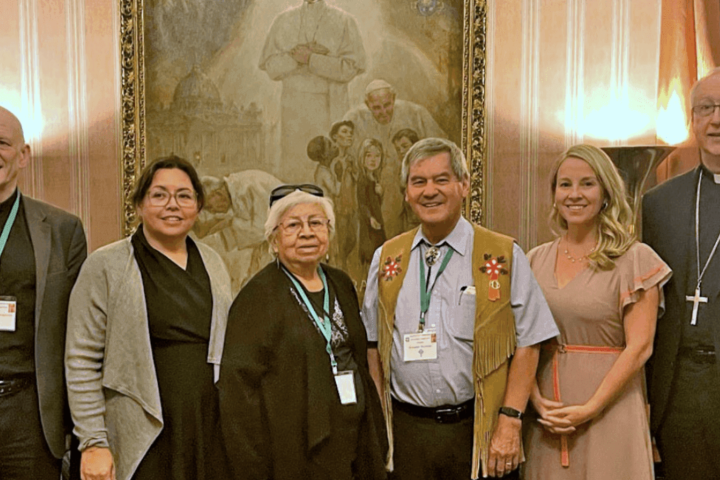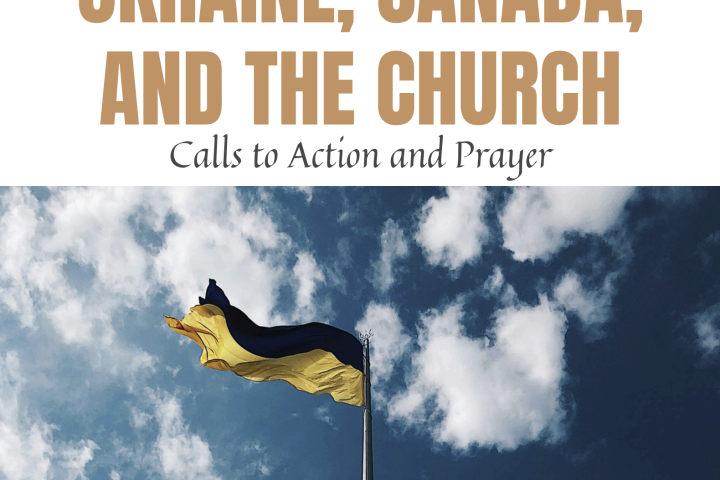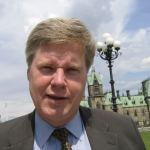VANCOUVER (CCN) — One of Canada’s leading anti-euthanasia physicians is warning about a little-known Health Canada recommendation that would require doctors and nurse practitioners to raise the possibility of euthanasia with patients they believe might be agreeable to — and eligible for — Medical Assistance in Dying (MAiD).
Vancouver family physician Will Johnston, head of B.C.’s Euthanasia Resistance Coalition, said implementing Health Canada’s Model Practice Standard for MAiD, published in 2023, would coerce medical professionals and lead to a troubling rise in euthanasia deaths.
“Whoever is in charge of ‘Death Canada,’ as I’ll call them, seems to have forgotten the promises that were made to the medical community when euthanasia was first proposed — that no one would be forced to become complicit in it,” Johnston said in an interview.

“And now they’re simply reneging. They’re violating that promise by insisting on compelled speech.”
A Health Canada spokesperson said in an email to The B.C. Catholic that the Model Practice Standard for MAiD was developed by a task group convened in September 2022. Members were chosen for their expertise in MAiD practice and professional regulation.

“Draft versions of the model were subject to a thorough review and extensive feedback from the majority of regulatory bodies across the country, health professional associations, clinicians, as well as provinces and territories,” said media-relations officer Karine LeBlanc.
While Health Canada issued the guidance, the federal government cannot compel provinces or health authorities to adopt it. A limited review by The B.C. Catholic found no evidence that any public agency has done so.
Meanwhile, Vancouver’s Catholic health authority, Providence Health Care, explicitly prohibits its employees from initiating a discussion about MAiD.
“We don’t proactively mention MAiD as an option to consider,” Providence spokesman Shaf Hussain said in an email earlier this year. “We never initiate an offer of MAiD.”
By contrast, there is widespread anecdotal evidence from the public system that doctors and nurses do initiate such discussions.
After Canada legalized MAiD in 2016 — and expanded eligibility in 2020 to include people not dying but suffering from incurable diseases — numerous reports have surfaced of patients being pressured about euthanasia options.
The B.C. Catholic first exposed the problem in a 2021 investigation, Patients being offered euthanasia contrary to Fraser Health policy, B.C. Catholic investigation finds.
Health Canada’s Model Practice Standard states that doctors and nurse practitioners, the only professionals legally permitted to perform euthanasia, “must not” assume every patient knows about MAiD’s availability.
Upon forming reasonable grounds to believe a person may be eligible, practitioners “must determine whether MAiD is consistent with the person’s values and goals of care.” If it is, they must then “advise the person of the potential for MAiD,” or — if they have a moral objection — transfer the patient’s care to another practitioner.
By comparison, the College of Physicians and Surgeons of B.C.’s Practice Standard for MAiD contains no such language.
When asked whether Vancouver Coastal Health has a policy on initiating MAiD discussions, a spokesperson provided only a link to its 2021 protocol outlining how staff should respond to requests for MAiD. The authority did not answer a follow-up question about whether staff are allowed to initiate the subject.
Johnston said that although he usually disregards guidelines like Health Canada’s in favour of personal doctor–patient relationships, the model’s existence is deeply troubling.
“The very process of a doctor notifying suggestible people, potentially suggestible people, of suicide-by-doctor validates it and is an inducement to consider it,” he said.
“So you’re actually, by your questioning, by your exposition of the availability of euthanasia to this person, influencing their value system to consider euthanasia,” Johnston said. “It becomes a type of self-fulfilling prophecy — that you’re going to recruit people into a euthanasia mindset by describing in approving terms the availability of this outrage against decency.”
Alex Schadenberg, executive director of the Euthanasia Prevention Coalition, said he is “saddened, shocked, and angry” by Health Canada’s guidelines, which he has known about since their publication.
Schadenberg said that initiating MAiD discussions is already common because euthanasia is widely perceived as a medical treatment for the chronically ill and elderly.
“In fact,” he said, “because the intention of MAiD is to kill the patient, it is the very opposite of medical treatment.”
He said he believes every major hospital in Canada now has a MAiD team responsible for informing patients about euthanasia availability. “That’s why I’m getting so many phone calls from patients complaining they are being ‘pestered and pestered’ to succumb to MAiD.
“Some of the MAiD teams are very sales-oriented,” Schadenberg said. “They can’t understand why you don’t want it.”
He said the issue is serious enough to warrant legislation making it an offence for any medical practitioner to initiate a discussion of MAiD.
“We’re simply seeing too many people who feel pressured and coerced to agree to MAiD,” Schadenberg said. “It has to stop.”








